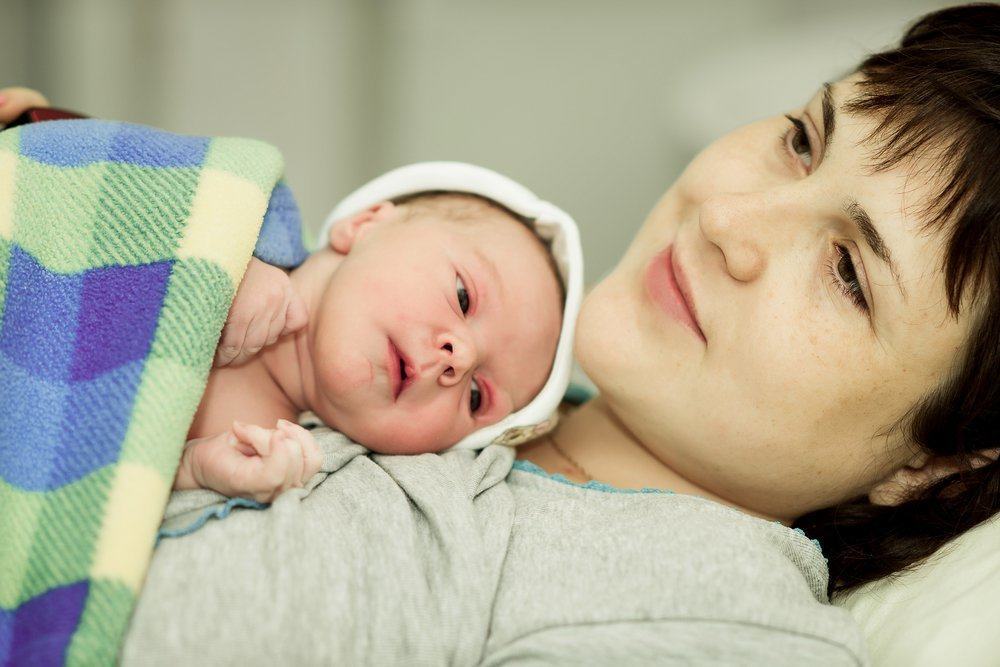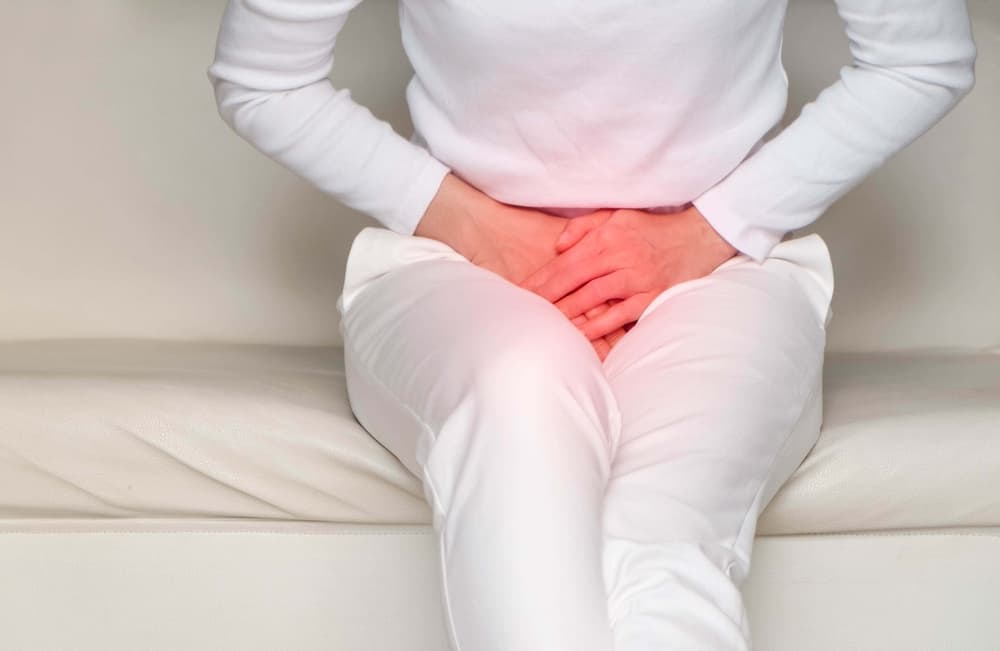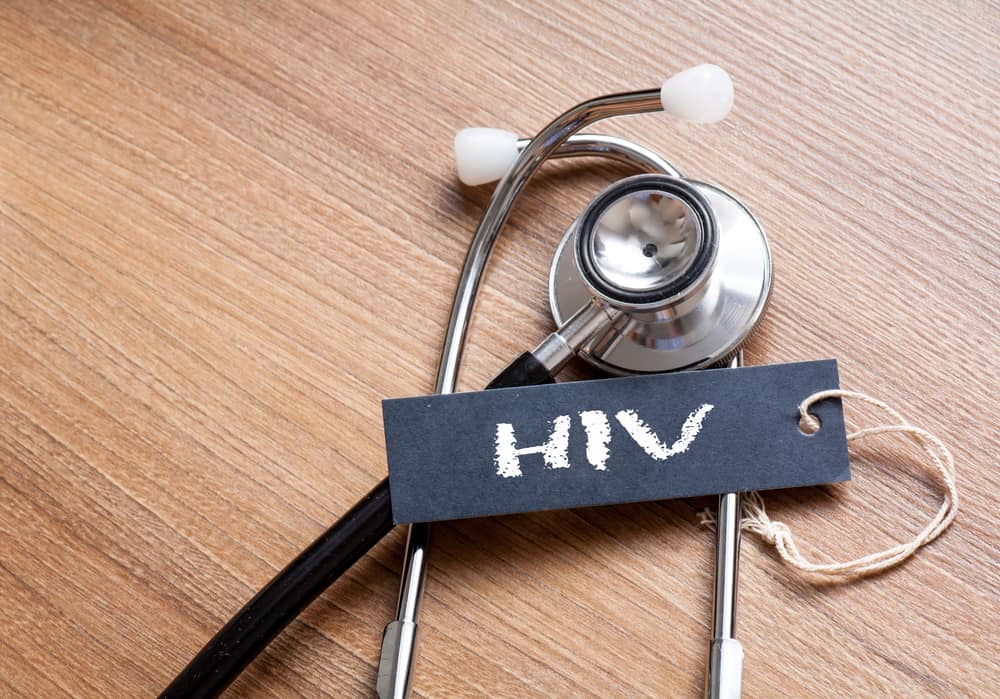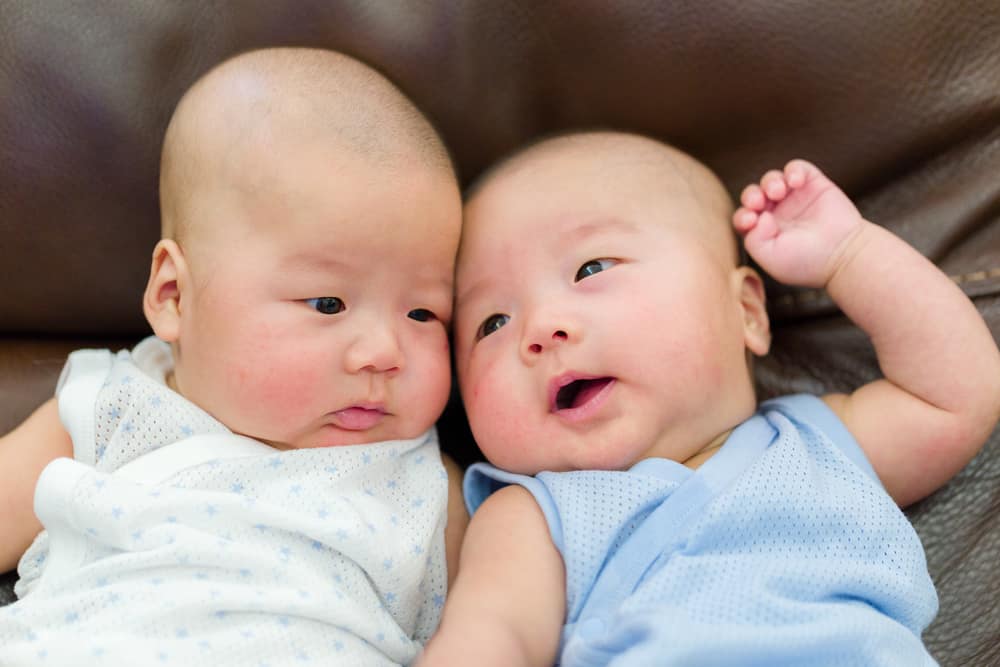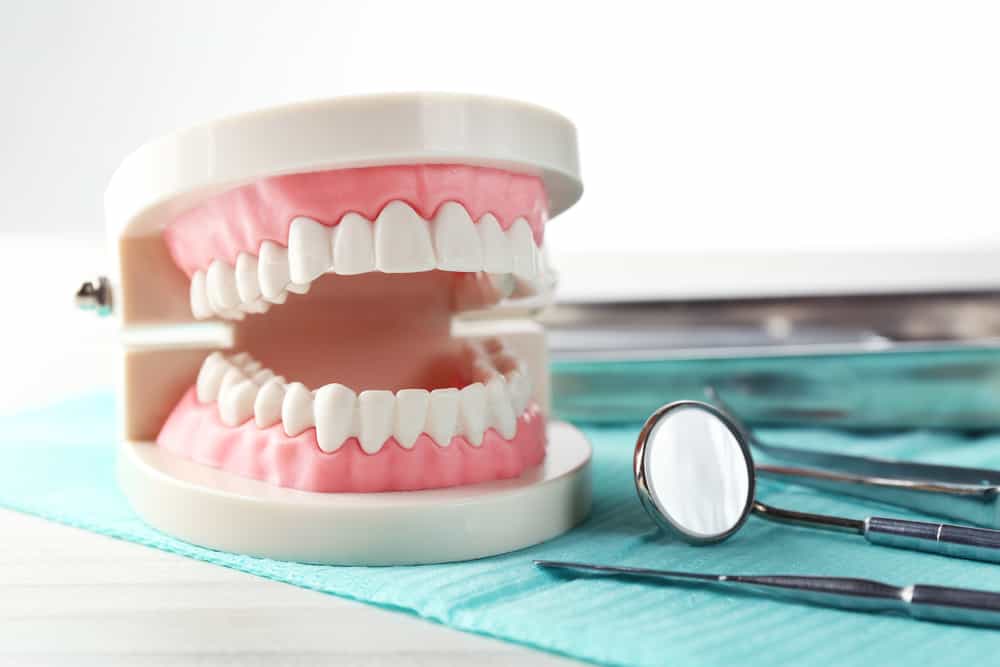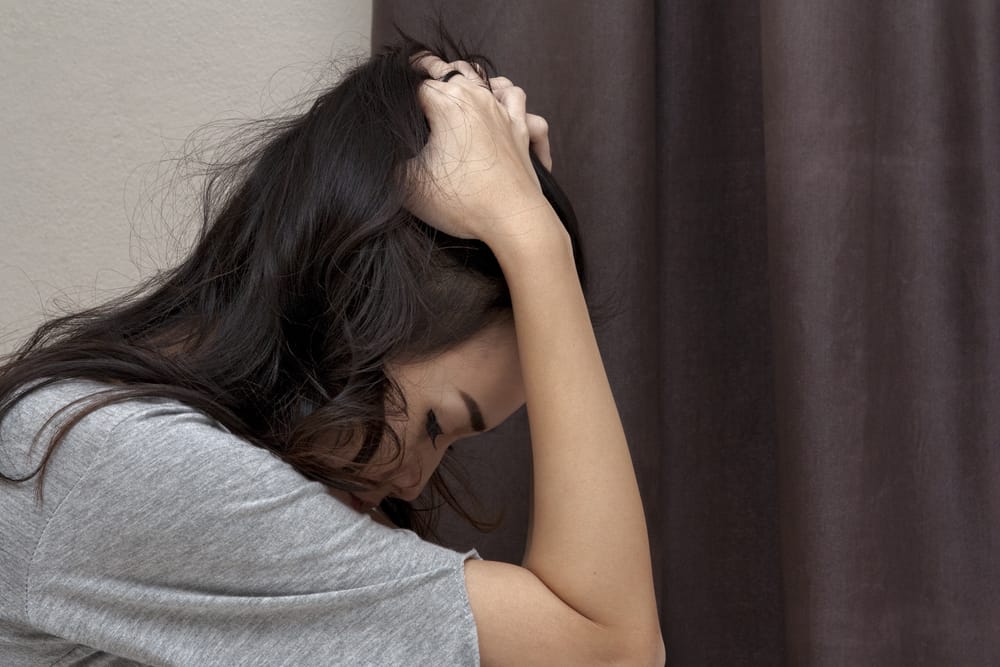Contents:
- Medical Video: Post-Pregnancy Body Changes Medical Course
- Changes in the uterus
- Changes in body weight
- Changes in the vagina
- Bleeding
- Changes in the breast
- Changes to the skin
Medical Video: Post-Pregnancy Body Changes Medical Course
Childbirth is a tense process, but after that feeling relieved and happy to appear in the mother and family. But wait, the process still continues for several weeks after giving birth because the body makes a recovery and adjusts to its new condition. After giving birth, the body still makes various changes.
Changes in the uterus
During pregnancy, the uterus, abdominal muscles, and skin experience stretching for 9 months, so it takes a long time for the body to return to its original state like before pregnancy.
During pregnancy, your uterus is bigger and heavier. The weight of the uterus can reach 15 times greater and its capacity can reach 500 times greater than before you were pregnant. A few minutes after you give birth, contractions cause the uterus to shrink to reach the size of a fist. Yes, you still feel contractions after giving birth.
This contraction also causes the placenta to detach from the uterine wall and then down to the uterus, then the placenta also comes out of your body. After the placenta comes out, the uterus then closes the open blood vessels where the placenta attaches. The uterus will continue to contract and may cause you to feel cramps in the abdomen.
In the first few weeks, the weight of your uterus will decrease, approximately half the weight of the uterus after giving birth. After two weeks, the weight of the uterus is only 300 grams and is located entirely on the pelvis. About four weeks, the weight of the uterus approaches the weight before pregnancy, about 100 grams or less.
Even after your uterus shrinks back to the pelvis, you still look like you are pregnant a few weeks after giving birth. This is because your abdominal muscles widen during pregnancy and take a long time to restore their original shape.
Changes in body weight
Your weight will drop after giving birth, around 4.5-6 kg. This lost weight consists of baby's weight, placenta, and amniotic fluid. You also experience excess fluid during pregnancy because extracellular fluid accumulates during pregnancy. If you give birth by a caesarean section, your body will also be bigger because of the intravenous or intravenous fluids that you received during surgery.
Excess fluid in your body then starts going out for one week after giving birth. You might feel often wanting to urinate and sweat because this is the body's way of removing the liquid. Sweating at night is something natural after giving birth. Within a day, you can remove up to 3 liters of liquid and at the end of the first week you will lose about 2-3 kg of water weight. The amount of water lost from your body varies depending on the amount of fluid that during pregnancy accumulates in your body.
However, you may find it difficult to urinate. Long labor can make you not feel the urge to urinate in the first days after giving birth. If you have problems urinating, this will make it difficult for the uterus to contract, causing you to experience cramps and more bleeding. If you cannot urinate within a few hours after giving birth, a catheter may be placed in your body to remove urine from the bladder. It's best to talk to your doctor or nurse immediately if you have problems urinating.
You may also have difficulty defecating or constipation after giving birth. This is normal because you feel pain and pain after giving birth. You should drink a lot and consume foods that are high in fiber to make it easier for you to defecate.
Changes in the vagina
When you give birth normally, the vagina and perineum (the area between the rectum and the vagina) will stretch, swell, bruise. Your perineum may be torn and require several stitches. How much stretching on the vagina depends on the size of the baby, genetics, vaginal muscles, the state of childbirth, and how many times you have given birth normally.
This pain in the vagina and perineum makes you uncomfortable when sitting. To ease the pain, you may need to take a shower and soak it in water, or you can compress it with ice water to relieve swelling and pain. For several days after giving birth, the swelling in your vagina will begin to decrease and the vaginal muscles will tighten again.
Bleeding
After a normal delivery or by caesarean section, you will experience bleeding or commonly called lokia, which consists of remaining blood, mucus, and also the remaining tissue from the lining of the uterus. In many women, there will be a lot of bleeding in the first 3-10 days after delivery, sometimes even more than bleeding during menstruation, but this is normal and will decrease over the next few weeks. You also don't need to worry if suddenly blood comes out or blood clots occur, this is also normal. However, if you think that bleeding is abnormal, you should immediately tell your doctor.
Changes in the breast
After giving birth, your milk may not come out immediately. It takes 3-4 days after giving birth until your milk comes out. As soon as you give birth, your breasts will produce a little colostrum, which is the first milk with a thicker concentration. The first two hours after the baby is born is the right time to breastfeed the first time or do an Early Breastfeeding Initiation (IMD) because at this time newborns tend to still be awake.
When your milk comes out in the first days after giving birth, your breast may be swollen, painful, hard, sensitive, and full. Breastfeeding the baby in the first days after birth will trigger the release of the hormone oxytocin which will cause contractions and cramps in your stomach.
Changes to the skin
The hormonal changes, stress, and fatigue that you experience after giving birth have an effect on your skin. Some women who have had clean skin during pregnancy may have acne. Or conversely, for women who have zits during pregnancy, they may disappear after giving birth. If you have a chloasma, which is a dark spot on the skin of the lips, nose, cheeks, or forehead, during pregnancy, this will also disappear after you give birth.
READ ALSO:
- What Happens During a Normal Childbirth Process?
- Why does breast milk not come out after childbirth?
- 5 Steps to Get Back to Work After Leave Gives Birth
- Understanding Postpartum Depression Symptoms After Childbirth

